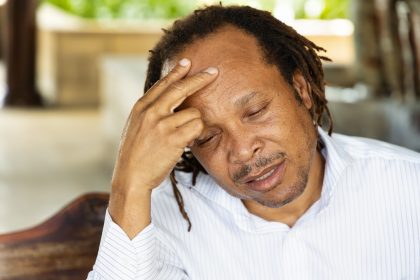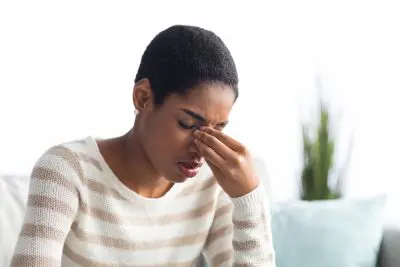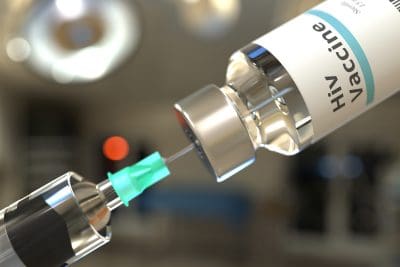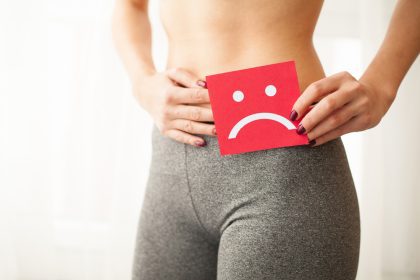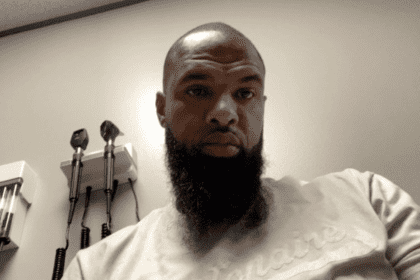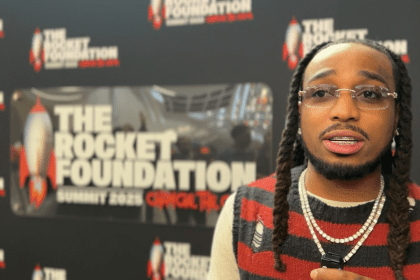
Shannon Taitt has witnessed the effects that drugs have had on the Black community. As a public health analyst with the Substance Abuse and Mental Health Services Administration, Taitt continues to educate the public on how certain drugs have impacted communities.
During the Detroit Recovery’s 10th anniversary luncheon, Taitt sat down to discuss marijuana, cocaine and alcohol abuse among Black millennials.
We saw a rise in substance abuse in the ’80s and ’90s in inner-city neighborhoods. What’s going on today when it comes to drug abuse in the Black community?
There is still more than 20 million people out there that have a problem with substance abuse issues or mental health issues that aren’t getting the help they need. They either won’t admit they need help or they try to initially get help and don’t follow through. It’s a disease and the disease is still as big today as it was in the ’80s and ’90s. And probably even more so with all of the changes with what’s going on across the country with marijuana and making it legal in certain states and cities like Washington, D.C., the area I come from. We’re seeing a growth in younger people and their interest in marijuana and even other drugs such as marijuana and cocaine. Those are making a comeback now. The difference is this is not your grandmother’s marijuana, this is a different marijuana that’s being synthetically made that has different levels that are causing people to get addicted faster. The drugs are cut a different way, they’re made a different way and we see people getting addicted much more quickly than we had in the past.
During the last Republican debate, that questioned was raised. Some say that marijuana isn’t the same as it was decades ago. How do you explain that to millennials?
We can take it to a different time, a similar situation that’s also going on. When you think about corn and wheat. Most people know about GMOs and how they’re not good for our bodies. They’re cancer causing and that wheat, corn and other products like beef and chicken are not grown the same way they were 40 to 50 years ago. They’re being injected with hormones and other chemicals that these animals, plants, and fruits weren’t injected with before. We know that marijuana is a plant and just like any other plant people want it faster and people want it bigger. In marijuana, they have TCH levels that are really increasing and those TCH levels is what’s causing people and their brains to get more addicted and need the substance more than it was with the potency levels of old school marijuana. So that’s the difference.
When it comes to the criminalization of those drugs, is it propaganda or has there really been a need to create drug laws that help to increase the prison population?
Personally, I don’t believe that criminalization of anyone who’s addicted is ever going to solve any problems. We all have some sort of habits that we need to kick whether it’s sugar or whether it’s too much television, it’s something. But it still doesn’t take away the fact of what happens to the body with the use. The addictive factor of what’s going on today with the drugs are much more potent. And with young people, it’s really challenging. Most people know that full brain development doesn’t happen until age 25. And if people are using drugs younger and younger, it’s really having a chemical and permanent effect on young people’s brains.
We all saw the mass incarceration rates rise particularly for young black males and Hispanics in the ’90s because those drug laws were put into effect. What can be done to change that trend?
I think that we have to be able to create jobs in this country. For most of these jobs, you need at least a 4-year degree and sometimes a master’s degree. When you consider that, the masses of people in this country aren’t going to be able to even qualify for certain jobs. We have a whole new cyber world of jobs that are being created. I said all of that to say that when you don’t have that foundation available for people to get educated and have an opportunity to compete for the jobs that can be had, then they’re left in a situation where there are not any other jobs out there. And because of that, what the masses have done with this whole incarceration piece is find loopholes to find ways to incarcerate people that aren’t being productive citizens. So for me, the solution is to really look at these businesses that are behind the machine of the prison industrial complex that’s one of the biggest moneymakers out there right now. How do you redirect those businesses? Businesses want to make money. How do we get them not to be interested in prisons anymore and get them interested in the bottom line of creating jobs that are an enterprise for young people that otherwise would be going to prison? If you’re not going to redirect those businesses your not going to change their interest or greed to make themselves become wealthy.

